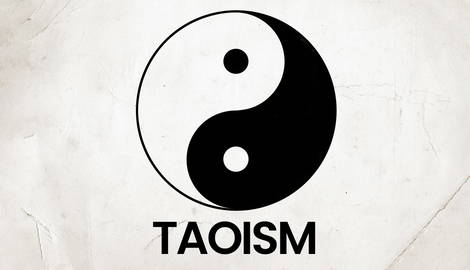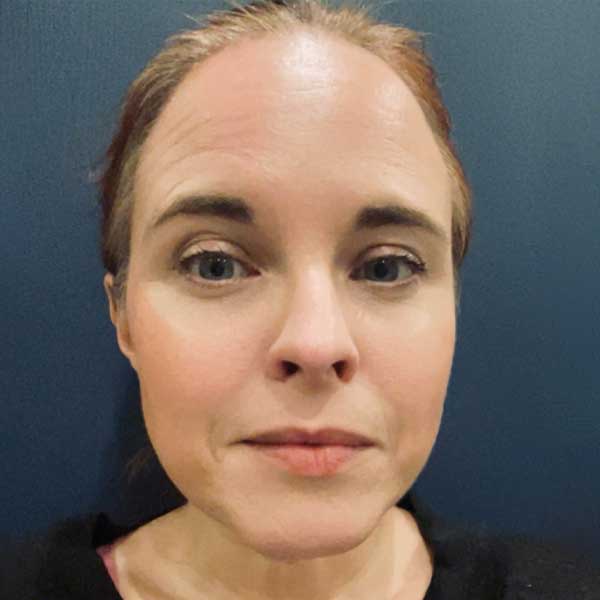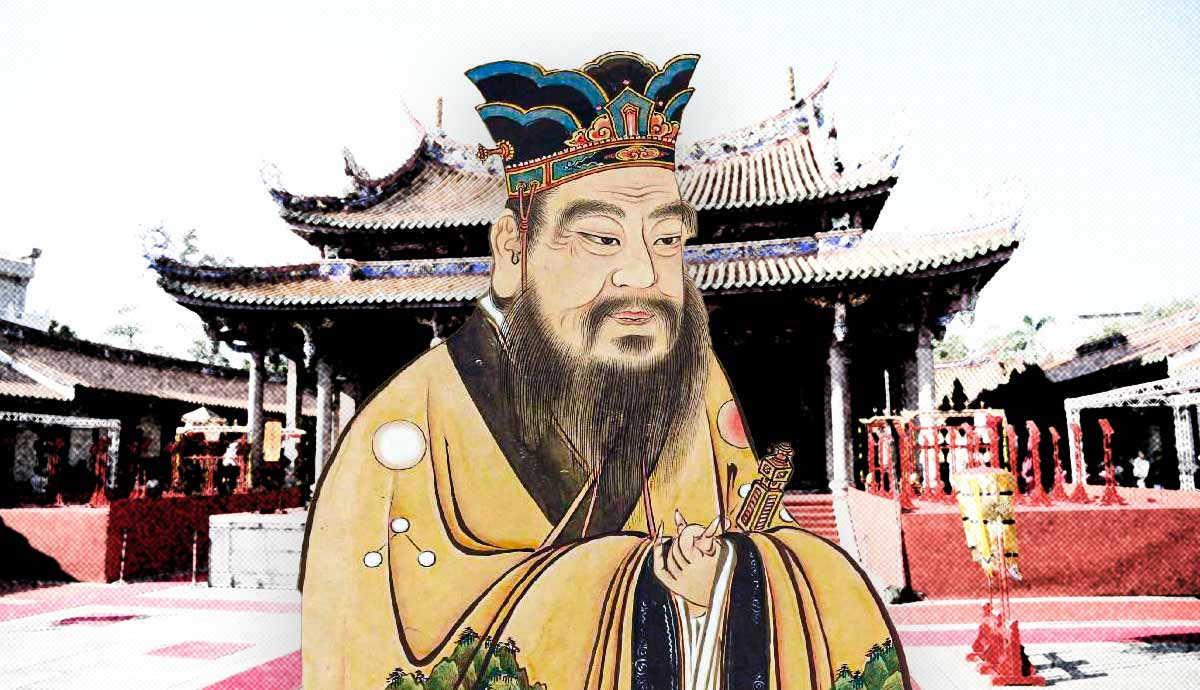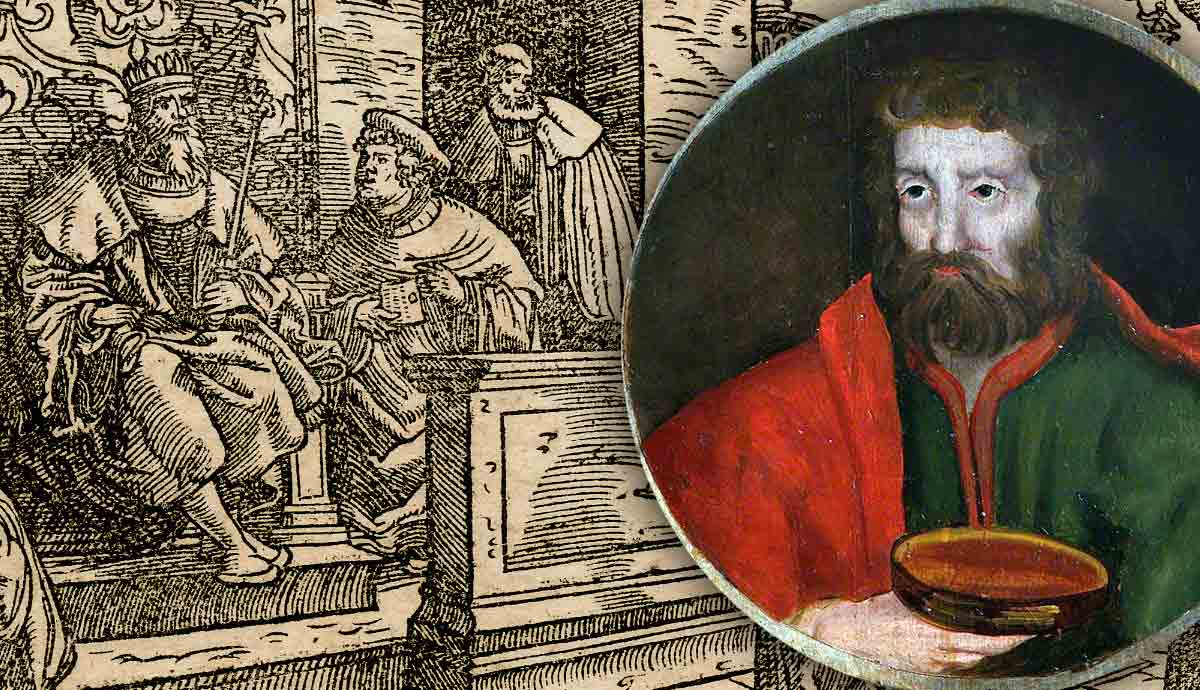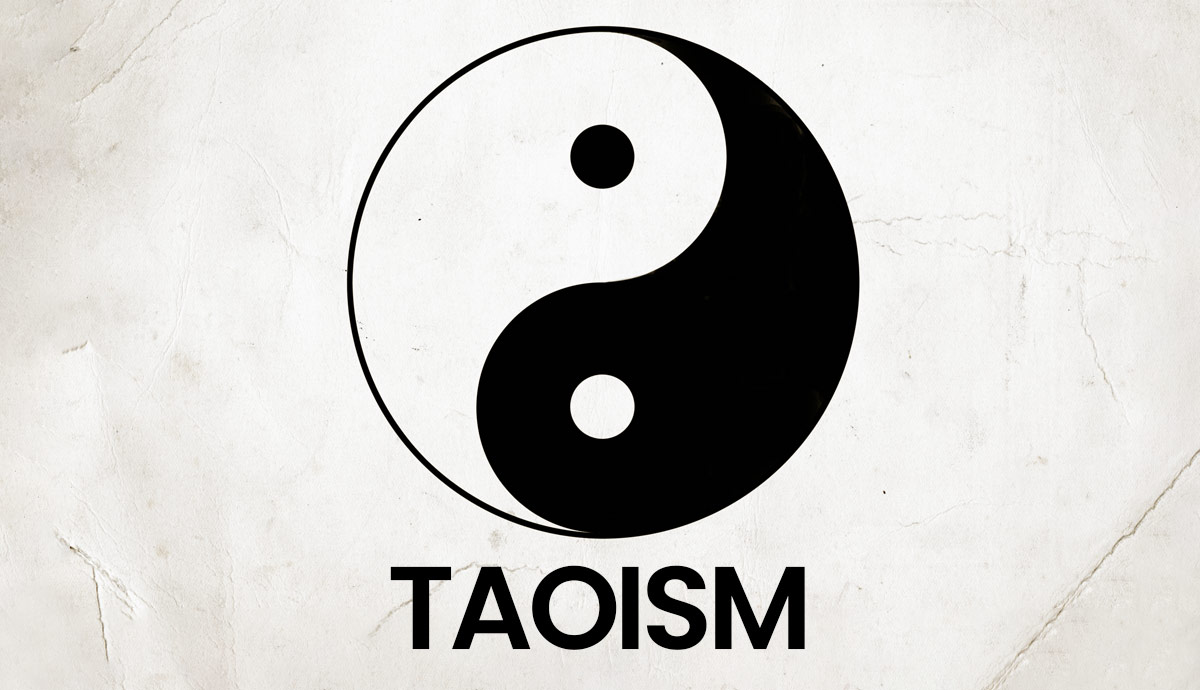
Alongside Confucianism, Taoism is one of the two main tenets of Chinese thought. It has evolved over millennia and is still practiced today. It has seen its influence spread to New Age thought in the West and the yin and yang symbol is well known to us all. Taoism is a timeless and graceful philosophy of acceptance and self-exploration.
1. Laozi and the Tao Te Ching
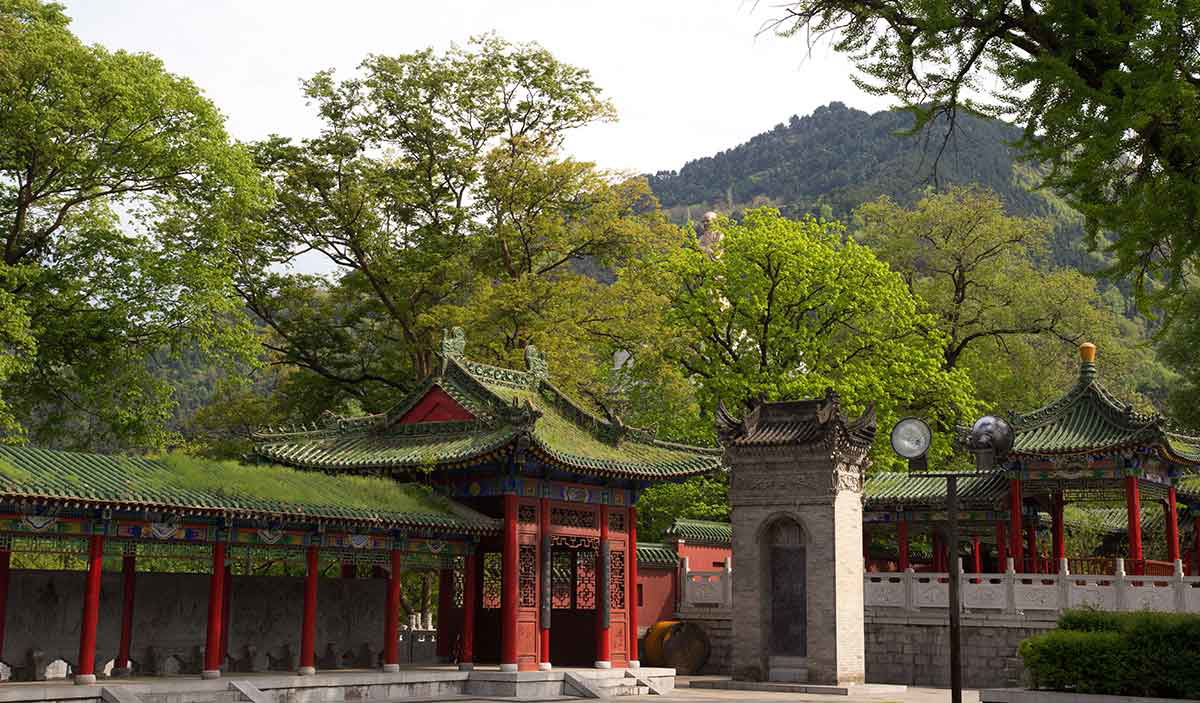
The foundational text of Taoism is the Tao Te Ching. According to legend, it was written by Laozi who is believed to have lived at some point between the years 600 and 400 BCE. The name Laozi, however, translates simply as “Old Master” and evidence of his existence and who he may have been in reality is slim. Most scholars now prefer to say that the text came into being over a number of generations and may have evolved at some point between the years 800 and 300 BCE. Equally, the text itself makes references to the mythical Chinese emperor Huang Di and indeed to the Taoist masters of antiquity, meaning that the philosophies described are certainly much older.
As with many ancient philosophies, the birthplace and time of Taoist thought cannot be precisely pinpointed. It was likely passed on from master to disciple, through word of mouth and through common social apprehension for many years before being expressed in a written format.
The name Tao Te Ching loosely translates as The Book of the Virtue of the Way, and it is a collection of prose poetry that describes a philosophy of harmony and ease. It covers such key concepts as war, leadership, virtue, and moderation.
2. Chuang Tzu
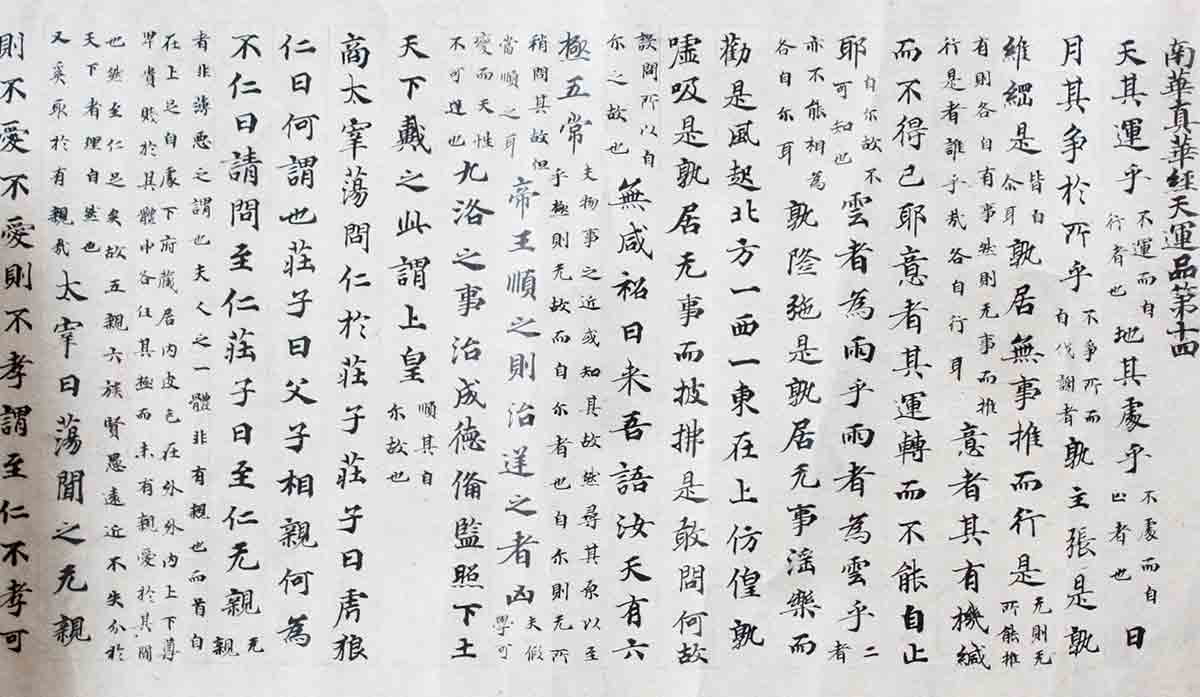
Chuang Tzu is both the name of the second significant text within Taoism and the name of the man to whom it is attributed, although it is likely that his contribution to the text was only a few chapters and that other minds also lent themselves to its creation. According to the Han Dynasty historian, Sima Sian, Chiang Tzu was born during the Warring States period between 403 and 221 BCE. Beyond this, little else is known. Han historians suggest that his birthplace was the state of Meng, that his personal name was Zhou, and that although he entered the state bureaucracy, he did not reach any great heights. None of this information can be verified, however, and what we do know of him can mostly be gleaned from the text of the work itself.
The Chuang Tzu, unlike the Tao Te Ching, comprises longer pieces of text that are more like stories and often contain an element of wry humor. The philosophy described in the Chuang Tzu saw power and authority as being a tremendous problem as rulers inevitably sought to control and harness all elements of existence. He saw the structures that we live within as manifestations of this control, essentially, a method of restricting us and leading us to the slaughter. The only way out was through private and personal contemplation.
3. The Tao
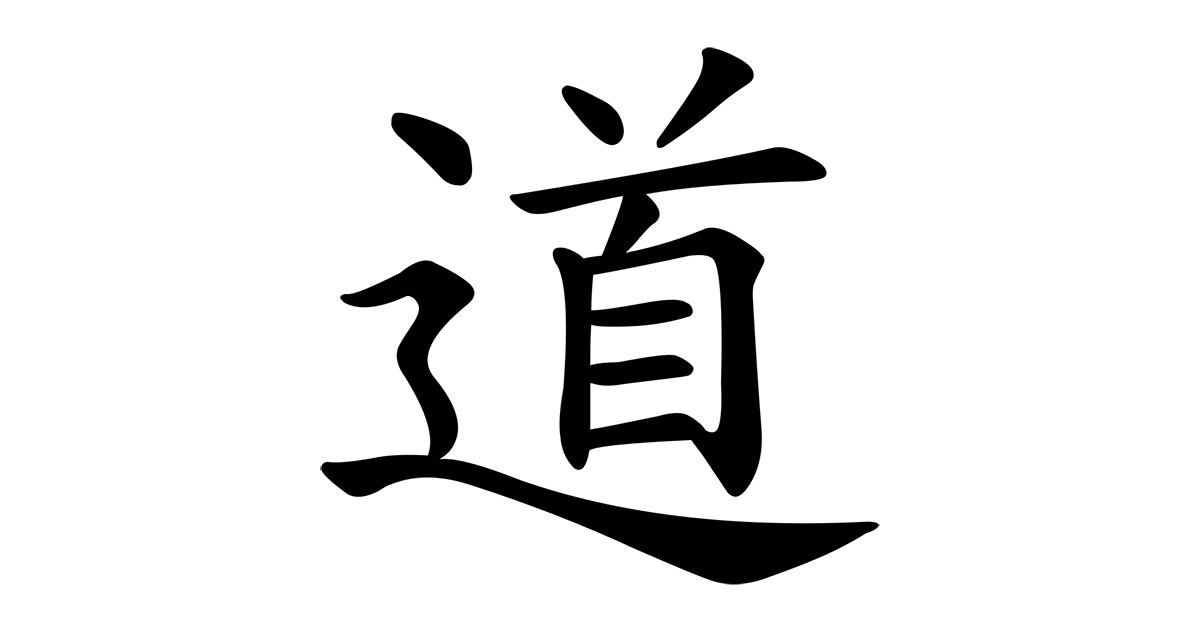
“The Tao that can be told
Is not the eternal Tao.
The name that can be named
is not the eternal name.”
These are the opening words of the Tao Te Ching and they do not bode well for our ability to describe the Tao in any meaningful way, but let us try. The Tao is the essential power that exists within the universe, it is a kind of organizing principle. Arguably, it could be seen as the force that drives the patterns that we see within all of nature. The natural world works in a series of systems and cycles, no plant or animal gives thought to or seeks to work hard to fulfill their role within those cycles, they simply do what they do and the cycle exists.
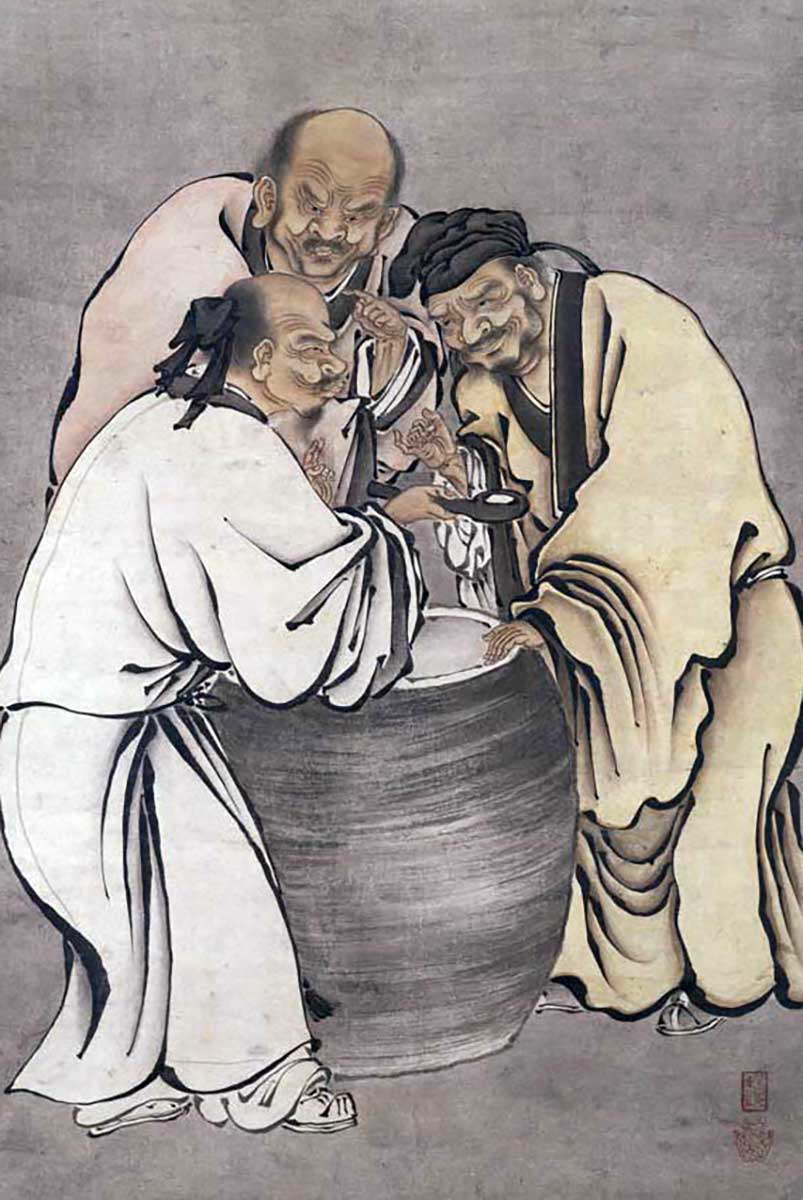
If we apply external forces to those systems, which we are seeing now, thanks to global warming and other human effects on the environment, those systems begin to falter. Nature works best when it is left alone. The Taoist principle, therefore, is one of non-interference. Expanding from this is a need to see things as they really are, rather than how we want them to be. As human beings, that is a tremendously hard thing for us to do, as we are often very busy projecting our desires and needs onto everything and everyone around us. We need to work to step back and see what is really there.
There is a famous Taoist painting of the three vinegar tasters: the Confucian master tastes the vinegar and to him, it is sour, a reflection of the Confucian belief that the world is out of step with the Way of Heaven; the Buddhist Master tastes the vinegar and to him, it is bitter, a reflection of his view that life is suffering brought about by attachment and desire; to the Taoist, however, the vinegar tastes good because it tastes exactly as vinegar is supposed to taste, he expects nothing else.
4. The Tao, Humanity, and the “Uncarved Block”
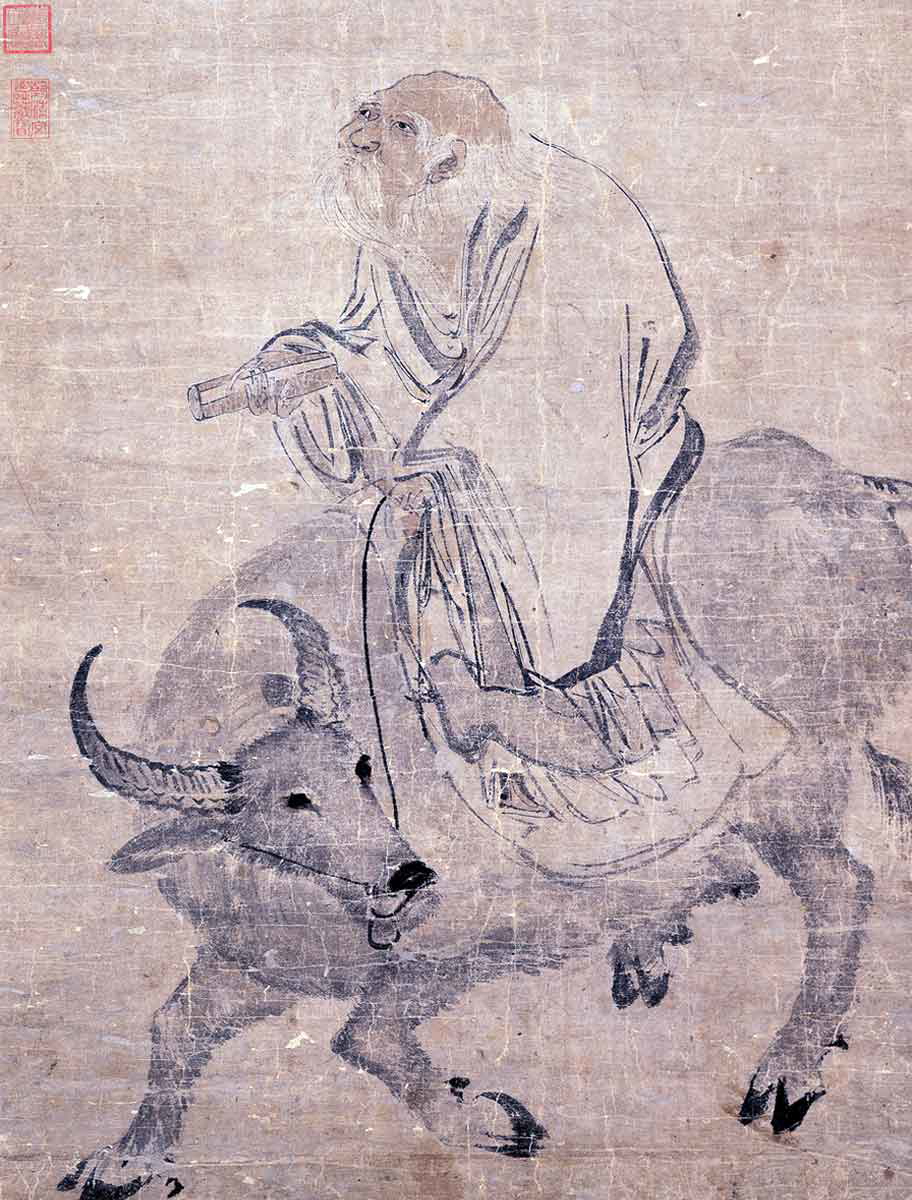
If nature functions better when it is left alone, is that then also true of humanity? Would we all function better if we were left alone to do exactly as our inner natures would have us do? This is in large part what Taoism seeks to contend with.
It is this concept that is described by the notion of P’u or “the uncarved block.” The idea here is that everything, in its own natural simplicity, contains an innate kind of power. As soon as we try to over-intellectualize it, or work too hard to understand it, that power begins to lose its potency. It is this concept that Benjamin Hoff describes so beautifully in his book The Tao of Pooh. Winnie-the-Pooh doesn’t think too much, he doesn’t work too hard, he just is and he does what occurs to him naturally and just by being himself, doing what comes naturally, he manages, if a little bumblingly, to always be the hero of the day.
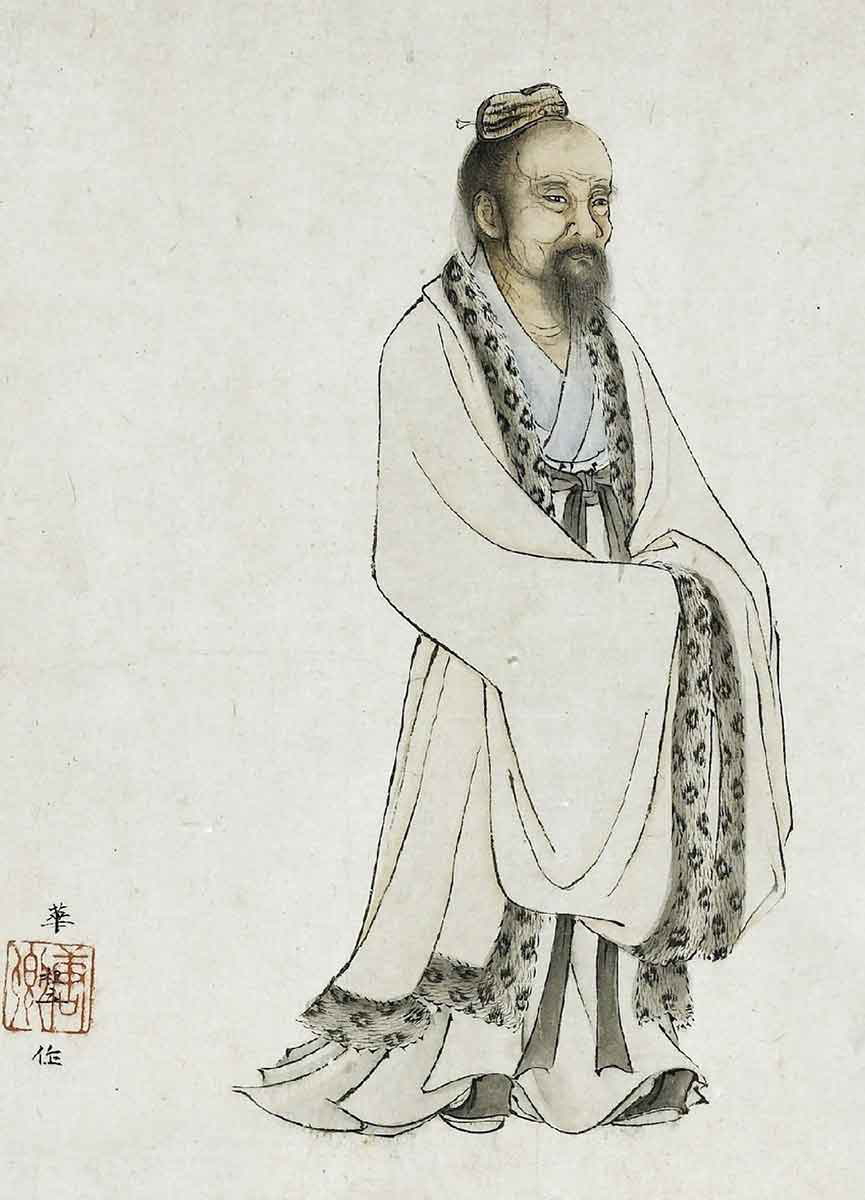
If we then extrapolate this even further, from the individual to society as a whole, we are all unique and interdependent. If we all pursue our unique talents, without being told what we could do or what we should do or why someone else is better than us because their talents are more glamorous, then we would all fall naturally into a pattern, and all of society’s needs would be met, and so would ours, because we are all just doing what comes naturally.
This brings us back to Chuang Tzu and his dislike of authority. It is, in many senses, authority and the idea of a hierarchy that prevents us from behaving in accordance with our own inner directives. Where there is authority, even if it is just the authority of cultural expectation, we begin to act according to the directives that are imposed on us from the outside rather than listening to our own inner voice.
This is why, in direct opposition to Confucianism, the concept of a benevolent leader is not regarded as the highest aspiration. A benevolent leader is better than one who inspires fear, but the ideal leader should be one that we don’t even notice is there because he or she rules with such a soft touch that their impact is minimally felt.
5. Yin and Yang
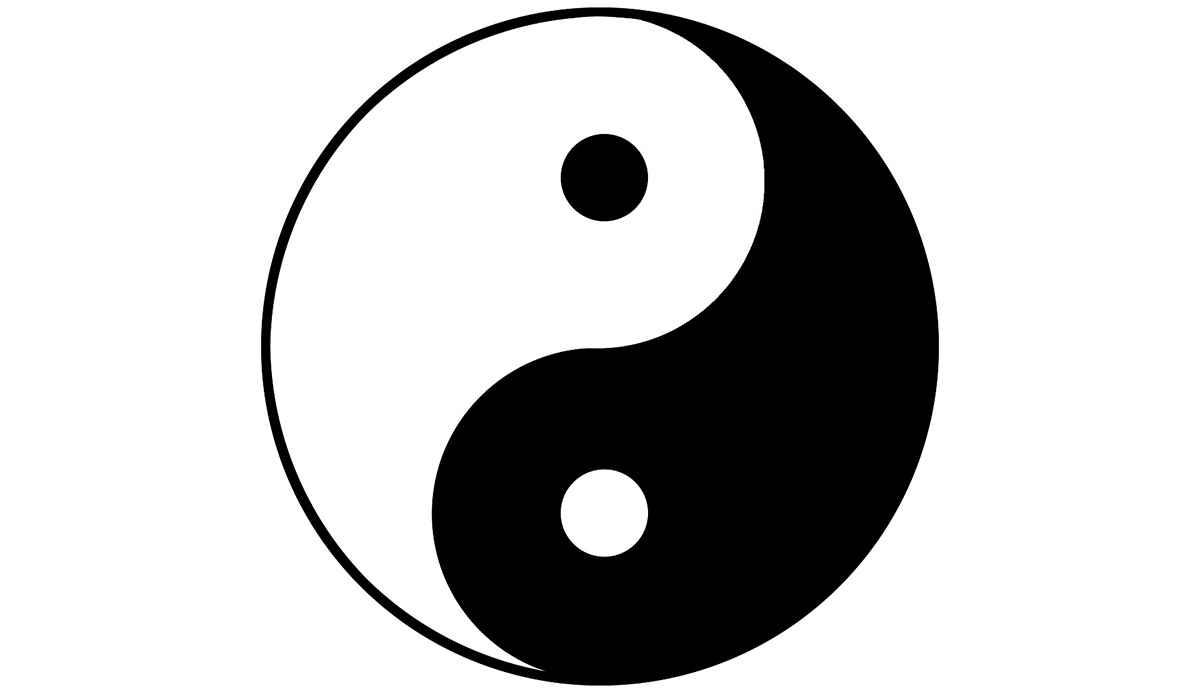
The concept of Yin and Yang is so familiar that it hardly needs an explanation. Yin and Yang as ideas predate the Tao Te Ching, and the characters have been found on oracle bones from as early as the 14th century BCE. According to chapter 42 of the Tao Te Ching, “The Tao gave birth to One. One gives birth to two.” The “One” is the power of “Chi,” similar to the Ayurvedic notion of prana, the energy that exists in all things. The two, of course, are Yin and Yang.
Yin and the Yang are eternal opposites: the feminine and the masculine, the passive and the active, wet and dark as opposed to hot and bright, the sun to the moon. These energies are present, to varying degrees in all things. Although Western philosophy often veers towards the masculine principle, within Taoism, as in Tantrism, it is the feminine power that is given precedence. Softness and yielding align perfectly with the Taoist philosophy of non-interference and the idea of achieving without striving. It is a metaphor found in the movements of water—malleable and yet ultimately profoundly powerful.
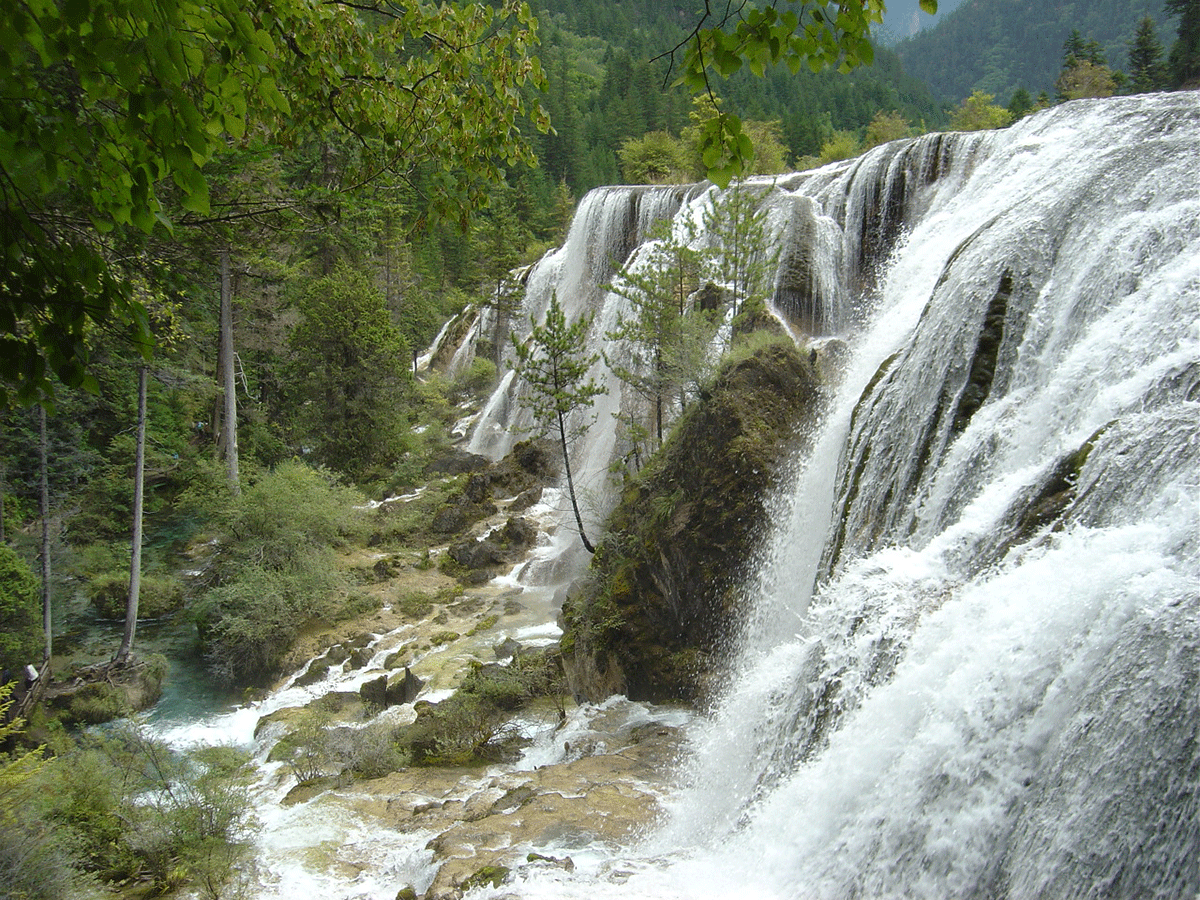
There is a timeless wisdom and simplicity to Taoism which makes it feel perpetually current. During antiquity it was considered, by many, to be too vast and too imprecise to be applicable, but it is that very openness that allows it to endure. It speaks to our desire to be authentically ourselves, free of constraint, but in a way that retains a sense of community. It encourages us to look at other people for who they are and rejoice in it, rather than forcing them into boxes and feeling disappointed when they don’t quite fit. It discourages totalitarian and authoritarian rule. Ultimately, we are all needed for the system to work, we just need to find our place and we can only do that if we are completely free.
